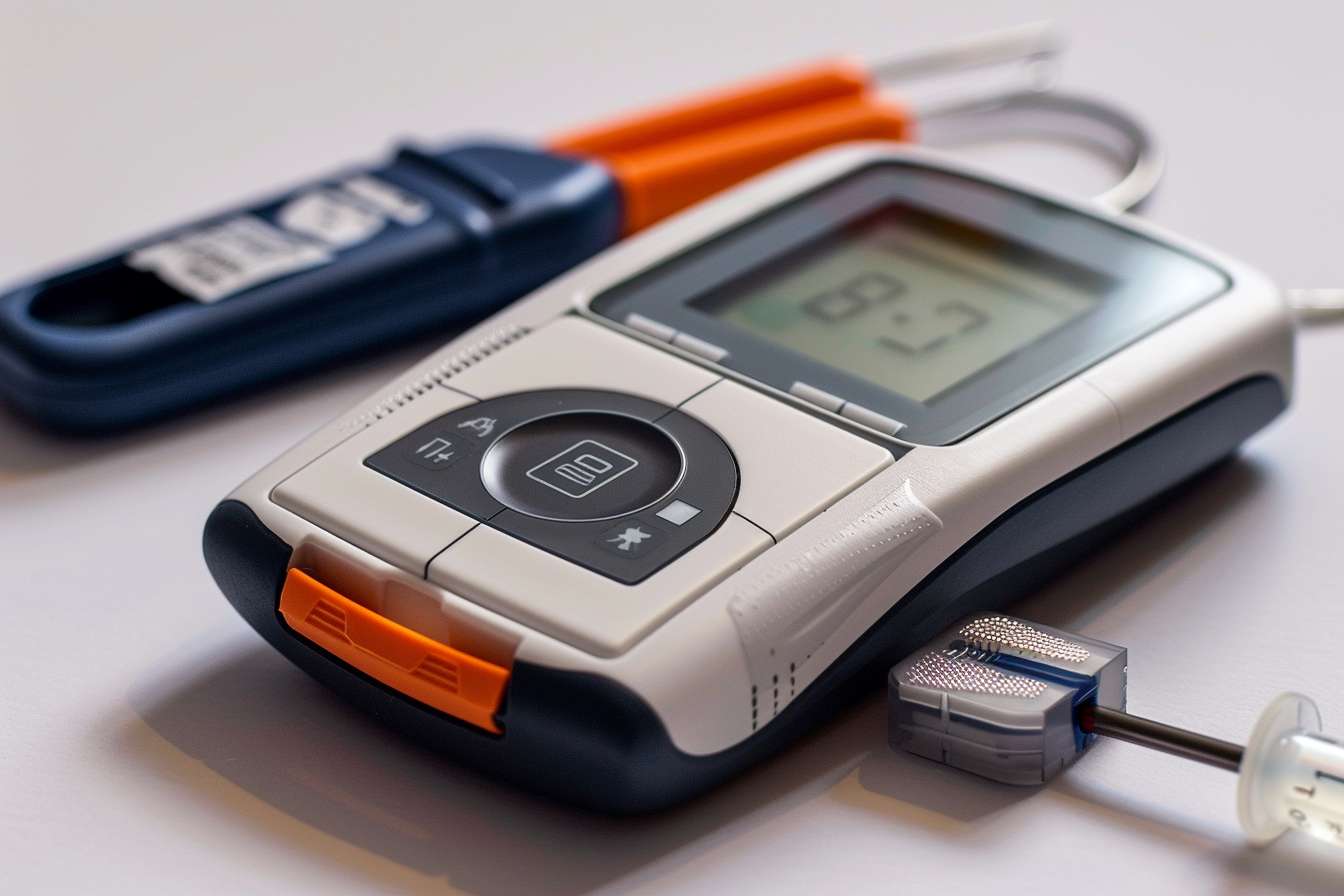Exploring Alternatives For Selling Your Car On Flexible Terms
Selling a car doesn't always require immediate transactions. Structured agreements may offer a more adaptable process. Discover how staged payments are arranged, what conditions apply, and what to evaluate before choosing the method that fits your current situation.
What selling methods are available for car owners in the UK?
Car owners in the UK have several options when it comes to selling their vehicles. The most common methods include:
-
Private sale: Advertising and selling directly to another individual.
-
Part-exchange: Trading in your car as part of a new car purchase.
-
Instant cash buyers: Companies that offer immediate purchases of vehicles.
-
Online marketplaces: Platforms like AutoTrader or eBay Motors for listing and selling cars.
-
Car buying services: Third-party companies that facilitate the sale process.
-
Auction houses: Both physical and online auctions for selling vehicles.
Each method has its own advantages and considerations, depending on factors such as the car’s condition, your time constraints, and desired selling price.
How does staged selling of a car work?
Staged selling is an alternative approach that allows for a more gradual transfer of ownership. This method typically involves:
-
Initial agreement: The buyer and seller agree on a total price and payment schedule.
-
Down payment: The buyer makes an initial payment to secure the vehicle.
-
Transfer of possession: The buyer takes possession of the car but not full ownership.
-
Instalment payments: The buyer makes regular payments over an agreed period.
-
Final transfer: Once all payments are complete, full ownership is transferred to the buyer.
This approach can be beneficial for sellers who want to ensure they receive full payment before transferring ownership, and for buyers who may not have the full amount upfront.
What paperwork is needed to sell a car in the UK?
Proper documentation is crucial when selling a car in the UK. The essential paperwork includes:
-
V5C registration certificate (logbook)
-
MOT certificate (if the vehicle is over 3 years old)
-
Service history and maintenance records
-
Sales receipt or invoice
-
Transfer of ownership form (Section 9 of the V5C)
-
Written agreement (for staged selling or payment plans)
It’s important to note that if you’re using a staged selling method, you should also draft a comprehensive agreement outlining the terms of the sale, payment schedule, and conditions for transferring ownership.
What are the pros and cons of selling through flexible agreements?
Selling a car through flexible agreements, such as staged selling, offers both advantages and potential drawbacks:
Pros:
-
Wider pool of potential buyers
-
Opportunity for higher selling price
-
Gradual income stream rather than lump sum
-
Retention of ownership until full payment
Cons:
-
Increased complexity and paperwork
-
Risk of buyer default or payment issues
-
Longer overall selling process
-
Potential wear and tear during the payment period
-
Legal considerations and potential disputes
What unique considerations apply to car sales in the UK?
In the UK, there are several unique factors to consider when selling a car:
-
Road tax is no longer transferable, so sellers must ensure they cancel their tax and insurance once the sale is complete.
-
The DVLA must be notified of the change in ownership to avoid any liability for the vehicle after the sale.
-
If selling privately, sellers should be aware of potential scams and take precautions to verify buyers’ identities and payment methods.
-
The UK’s Consumer Rights Act 2015 provides certain protections for buyers, even in private sales, so sellers should be transparent about the vehicle’s condition.
-
Brexit has introduced new considerations for selling cars to buyers in the EU, including potential changes in documentation and import/export regulations.
What payment terms are available for car sellers in the UK?
| Payment Method | Description | Typical Terms |
|---|---|---|
| Cash | Immediate full payment | One-time transaction |
| Bank Transfer | Electronic funds transfer | Usually within 1-3 business days |
| Staged Payments | Agreed instalments over time | Weekly, bi-weekly, or monthly payments |
| Escrow Services | Third-party holds funds | Released upon agreed conditions |
| Finance Agreements | Buyer obtains loan | Seller receives full payment upfront |
| Part-Exchange | Trade-in towards new vehicle | Immediate credit towards new purchase |
Prices, rates, or cost estimates mentioned in this article are based on the latest available information but may change over time. Independent research is advised before making financial decisions.
When considering payment terms, it’s crucial to weigh the pros and cons of each method. Cash and bank transfers offer immediacy but may limit your buyer pool. Staged payments can attract more buyers but come with increased risk and complexity. Escrow services provide security for both parties but may incur additional fees. Always ensure that any agreement is clearly documented and legally sound to protect your interests as a seller.
In conclusion, selling a car in the UK offers various flexible options beyond traditional methods. By understanding the available selling methods, necessary paperwork, and payment terms, you can choose the approach that best suits your needs and circumstances. Whether opting for a quick sale or a more gradual transfer of ownership, being well-informed will help ensure a smooth and successful transaction.





